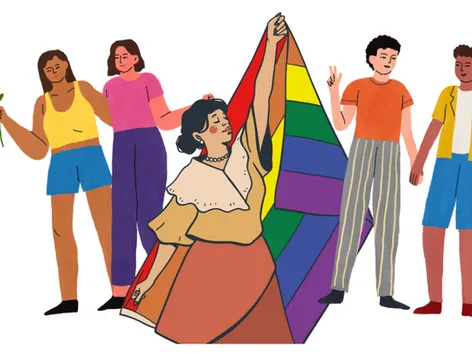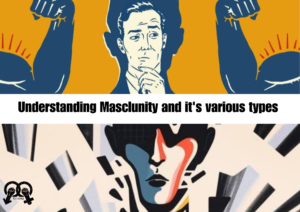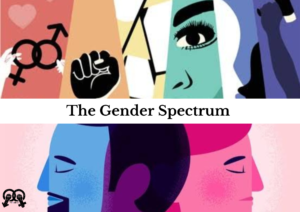Is the legitimacy of marriage only derived from having offspring?
What is Circumstantial Infertility?
However, when it comes to same-sex couples, there are legal barriers along with the good old social taboos around homosexuality, which become a major contributing factor to the discussions surrounding fertility and conceiving children.

Is the legitimacy of marriage only derived from having offspring?
Historically, sex between a man and a woman has been associated with being procreative. Various religious texts in the Hindus, Jains and Christians advocate this and also specify that if sex is done for anything other than procreation, like pleasure, then it is considered immoral. Madhavi Menon, in her book – A History of Desire in India talks about the notion of celibacy in Hinduism where she describes the 4 stages that a person (man) needs to go through in order to become a celibate. One of those stages is called the Grihastha (literally meaning household) wherein the man learns how to run a household and is only allowed to engage in sexual intercourse for the purpose of reproduction and not otherwise.
Menaka Guruswamy, a senior advocate in the Supreme Court of India, offers a different perspective on why same-sex marriages need to be legalised when she says “Married queer couples will not be able to nominate their spouses for life insurance as only heterosexual marriages are afforded that privilege or the couple to have access to basic fundamental rights and practicalities of life, such as nominating your partner for insurance” She also brings to light how if a homosexual couple wants to even adopt a child, it is legally not possible to do so, or even if it is, it comes with innumerable hardships.
Menaka Guruswamy, a senior advocate in the Supreme Court of India, offers a different perspective on why same-sex marriages need to be legalised when she says “Married queer couples will not be able to nominate their spouses for life insurance as only heterosexual marriages are afforded that privilege or the couple to have access to basic fundamental rights and practicalities of life, such as nominating your partner for insurance” She also brings to light how if a homosexual couple wants to even adopt a child, it is legally not possible to do so, or even if it is, it comes with innumerable hardships.
There is an overwhelming amount of data and statistics available from a Western perspective that it overshadows the discourse around Indian homosexual couples seeking help for fertility or adoption, up to such an extent that it is almost non-existent. Homosexual folks are largely reduced to a mere category of LGBTQIA+. Most of us won’t know what the abbreviations after ‘Q’ mean. After the scrapping of 377, homosexuals are celebrated through the colours of the rainbow and in pride marches. However, denying them the right to be married and denying them the ease of being able to experience the joy of being parents, snatches away the colour from their lives.
Why is it so challenging for us, as a society, to accept that men who love men and women who love women have the same love between them, as any man and woman would have for each other? So why deny them the right to experience a life which every ordinary heterosexual couple enjoys?

“He gave birth and she became a mother”
References
R. Cristina (2013) ‘Disrupting the Meaning of Marriage? Childfree, Infertile and Gay Unions in Evangelical and Catholic Theologies of Marriage’ Theology and Sexuality
M. Menon (2018) ‘Chapter 6: Celibacy’ Infinite Variety – A History of Desire in India
FertilitySmarts, ‘What is Circumstantial Infertility?’
W. Stephanie (2020) ‘Same-Sex Couples Face Fertility Issues When Trying to Conceive’ WebMD
S. Ritika (2023) ‘Kerala trans man gets pregnant, couple to welcome their baby in March’ India Today
M. Shivangi (2023) ‘“Right To Life Of Dignity”: Menaka Guruswamy During Same-Sex Marriage Hearing’ SheThePeople TV
Gayatri is a twenty-one-year-old passionate musician. She loves the winter, coffee & the moon. Other than this she also likes to travel and create videos for her youtube channel. She’s currently pursuing Gender Studies at Ambedkar University, Delhi and through her writings at Mandonna she aims to contribute to promoting more conversation around gender.






